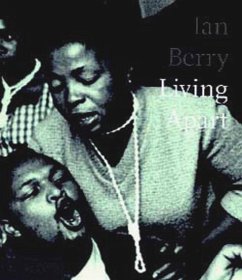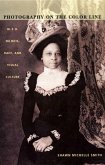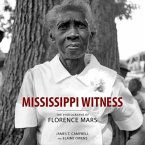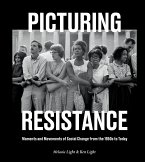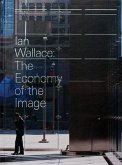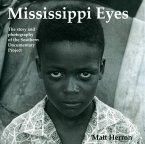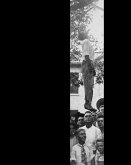In the post-war period, the South African government gradually developed a policy that was meant to retain forever the rights and privileges of a white minority: apartheid. Racial prejudices and tensions may create difficulties in many societies, but only in South Africa was segregation actually institutionalized and regulated. The results were tragic and disturbing. This aspect of the South African history, the 'duty' to 'live apart' while occupying the same space, has been uniquely recorded by the camera of Ian Berry. He first set out for South Africa as a boy of 17 and thus began an incredible career of recording ordinary lives in extraordinary circumstances. Present at the Sharpeville riots in 1960, Berry has returned to South Africa many times during the course of the succeeding decades to capture many of its most significant moments, including the historical election of Nelson Mandela and its remarkable aftermath.
Hinweis: Dieser Artikel kann nur an eine deutsche Lieferadresse ausgeliefert werden.
Hinweis: Dieser Artikel kann nur an eine deutsche Lieferadresse ausgeliefert werden.

